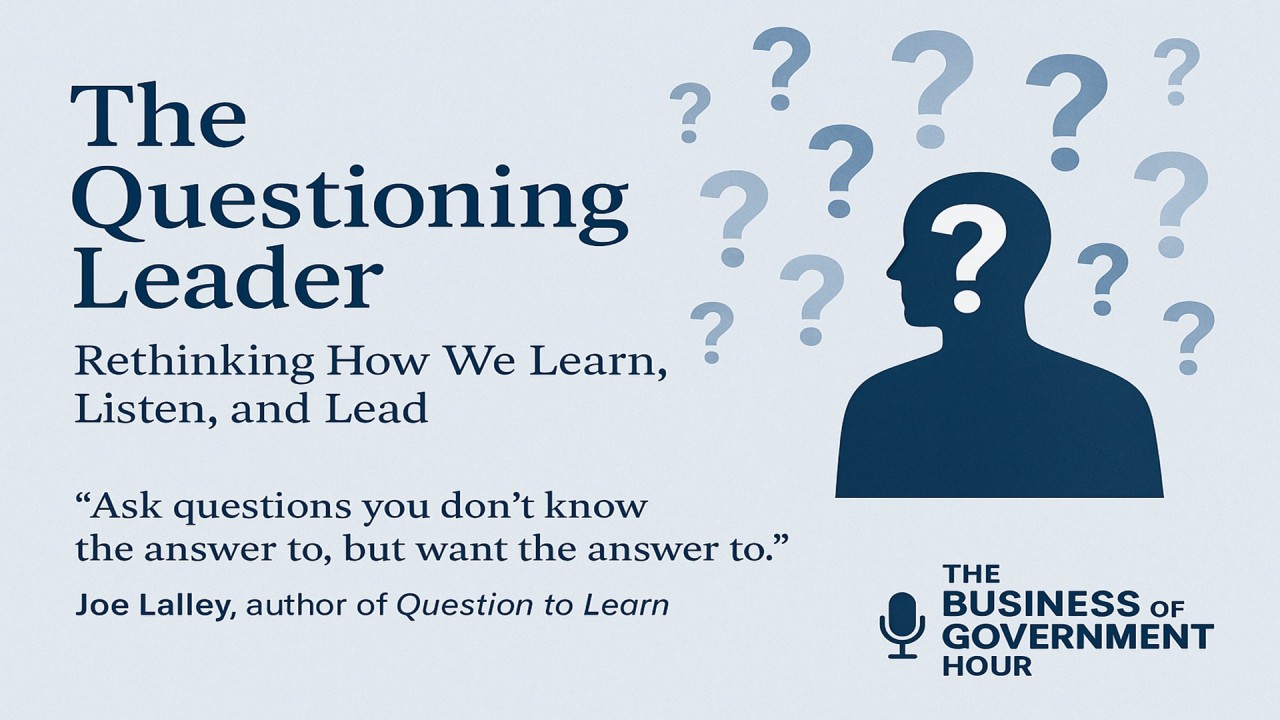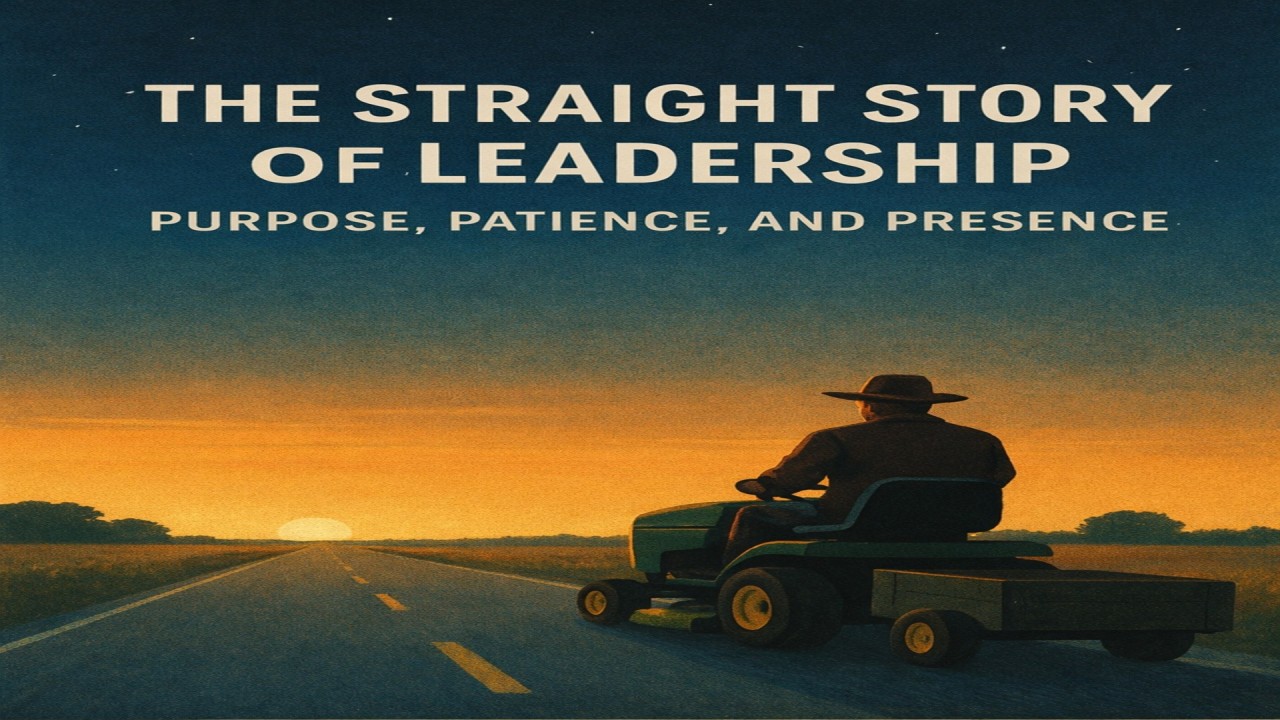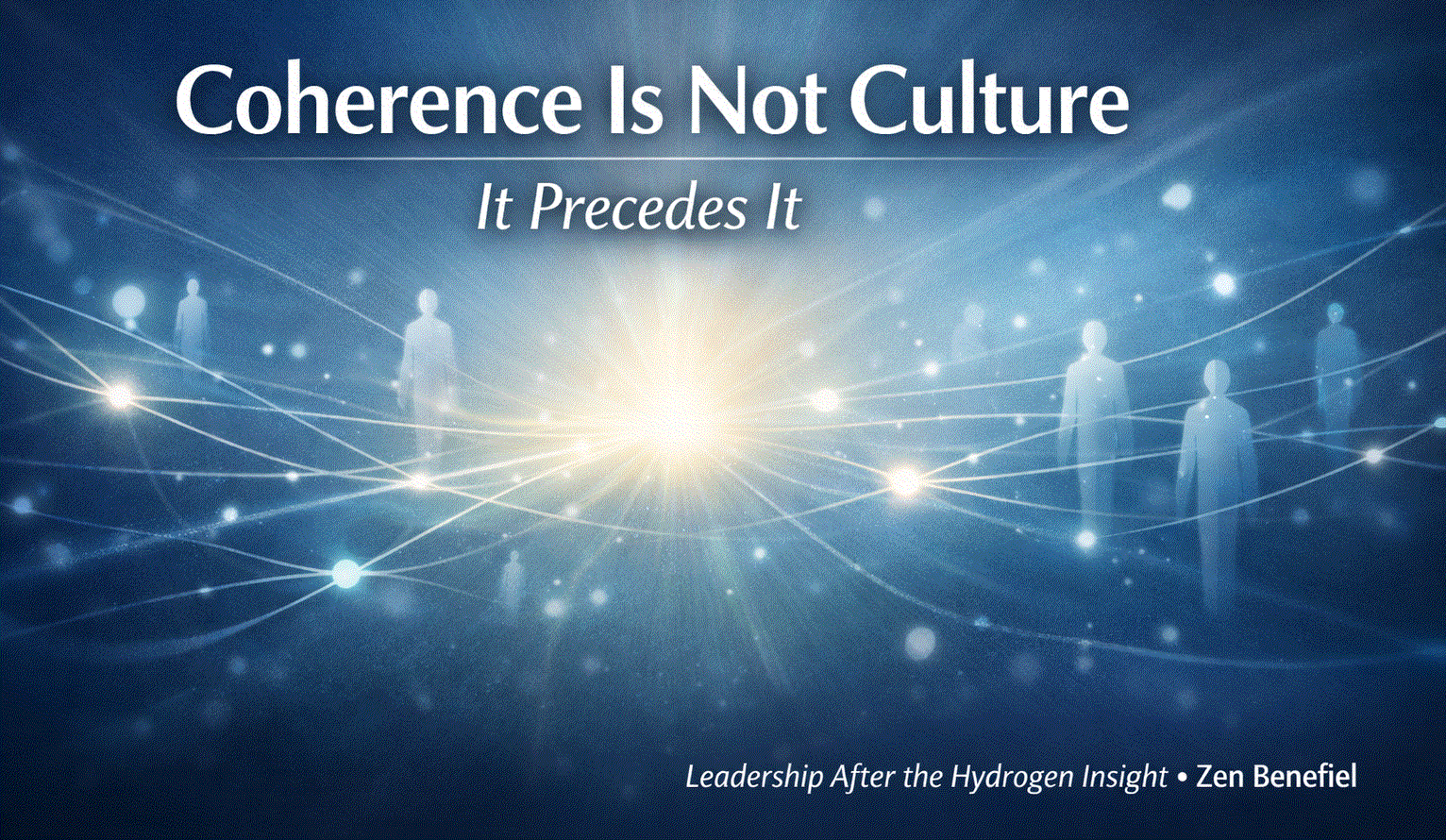Sep19

I’ve been thinking about relationships a lot of late. Family, friends, and work. When my wife went away on a trip recently, I was reminded of how much she does for the family. I’m not just talking about the obvious household upkeep and logistics; I’m talking about everything. Emotional balance and support, mental load, and even the energy she brings. I’ve had similar evaluative thoughts about friends too.
A year ago, I organised a monthly catch-up of the dads from my daughter's school and one year on I have formed some good friendships with a few of the dads in the group. These closer relationships have formed off the back of mutual effort. Time, emotion, effort, common ground and maybe a few beers. When we hang out, we laugh, share stories of wins and challenges, and try to solve the world’s problems.
In both of these stories, the realisation I had was time, effort and connection. Relationships are not defined and measured by a strict set of key performance indications (KPIs). Expectations yes but not highly measured metrics.
This got me wondering what relationships would be like if they were, so I came up with this little story.
Chapter 1.
In a gumtree-lined street in a middle-class East Coast town in Australia lived a couple named Noah and Poppy. To anyone who met them, they appeared the perfect couple, always polite, efficient, and well put together. Noah and Poppy had been together since high school and been married for just over a decade however, they had a curious way of communicating with each other. They never told each other "I love you" nor did they find it necessary to express any appreciation for each other, particularly regarding what made the other unique. Instead, they had a weekly routine where they sat down and evaluated and scored each other's ability to fulfil their husband-and-wife duties.
Their system was straightforward. One night a week they would sit down with their notes of observations and scores of tasks and moments that had taken place that week. These lists ranged from the mundane, like taking out the bins or doing the dishes, to the less tactile, like showing support for a project or the other's attitude around the home. Each item scored out of 10 and commented on with a start, stop or continue. Poppy would meticulously evaluate Noah's performance, and Noah would do the same for Poppy. There was no room for affection or deeper interest in the other's intimate and personal drivers. The only way they communicated their “feelings” was through this rating process. They lived by their scores, and their commitment to each other was measured in tasks completed and duties fulfilled. They never questioned why they never said they loved or appreciated one another. It was and had always been how they did things.
Friends and family who had experienced quite different and more engaging and personal relationships, couldn't help but be worried, even confused about the strange dynamic between Noah and Poppy. They would often raise their concerns, and question why Noah and Poppy never expressed their love to each other. Noah and Poppy would casually brush off these concerns with polite smiles, reassuring everyone that their system simply worked perfectly for them.
As the years continued to pass by their lives became increasingly routine. They woke up, carried out their daily duties, and scored each other's performances. Occasionally arguing over a low score, but these disputes were usually resolved with some compromise or a time-boxed performance plan.
Does any of this sound familiar? Hopefully not at home but at work?
We expect a lot from employees, but the relationship often does not go beyond a set of KPIs and then we wonder why we have high attrition rates, low engagement, poor buy-in and alignment to vision and culture.
Imagine we stripped away the 1:1 and regular cadence of clinical check-ins. What would work feel like and would it be more engaging?
Chapter 2
One rather hot February summer night, when the sun did not set till late in the evening, Noah routinely sat down to rate Poppy's performance for the week, however unlike most weeks he realised that he was about to give her a perfect score for the third week in a row. Poppy had been uncharacteristically passionate, caring, and supportive. He’d never seen her this engaged in their relationship, and it struck him that this was resulting in his atypical run of perfect marks.
This got Noah wondering if he had taken Poppy's unwavering commitment for granted. He thought about all the times she had been there for him, consistently supporting him through thick and thin. He thought about how she was the cornerstone of their household, always ensuring that their lives ran smoothly.
Noah's eyes began to tear up as he realised his feelings for Poppy were real, they had depth and were not just a logistical convenience. He thought about how he had never once told her how much he loved and appreciated her. Why would he? Their system worked and did not require such complication and yet he still felt a deep longing to express his emotions and to break free from the constraints of their sterile rating system.
That night, as Poppy joined him for their weekly one-on-one review, instead of rating Poppy's performance, Noah turned to her, his gaze soft, filled with love, and said, "Poppy, there's something I need to tell you." She looked at him with a look that was partly surprised yet somewhat hopeful by the break in their routine.
"I've never told you this before, but I want you to know how much I love and appreciate you, not just what you do. You are incredible, and I don’t want to imagine my life without you." Poppy's eyes glistened with tears as she heard these words. Despite having a routine that worked and that was free of emotive complications, Poppy realised at that moment that she had longed to hear for many years.
Touched by Noah's candour and vulnerability, Poppy took a slow, deep breath and said with a quivering voice, "Noah, I feel the same way. I've always loved you maybe more than words can express which is maybe why I have never said it”.
There was no going back, from that day onward Noah and Poppy abandoned their routine rating system. They learned that expressions of love and appreciation were far more powerful than any score they could give. Their relationship deepened as did their commitment and engagement with each other. They realised that love was not about checking off tasks but about being present for each other and cherishing the moments they shared.
I remember many years ago now, I was ideating a new service model called ‘Genuine Care’ and I had on the whiteboard in my office a whole heap of words that made up the ethos. One of those was emotional. I distinctly remember a senior leader reacting and having strong thoughts about removing it because we should not be emotional at work.
At the time I was relatively early in my senior leadership career and thought that they might have been right in their thoughts. As the initiative took root it was clear that care without emotion is possible but clinical. Much like my relationship with my GP. I know he wants to recommend things to make me feel better when ill but I don’t feel much warmth or connection from him. It is a relationship of convenience. He has my records and history however if there was a more convenient GP would I switch… Probably.
What I wanted to create was not clinical. I wanted to create a genuine connection with our customers and each other. We had to be comfortable to be emotional.
It's the emotion that connects us on a deeper level because emotion requires vulnerability and trust.
When it comes to relationships, I want that connection. I don’t want clinical, and I think many employees want this too. Maybe not the eyes filled with emotional tears and declarations of love, but I believe that employees are seeking more than sterile one-on-ones. More than being benchmarked on KPIs and more than emotionless dialogue.
If this resonates but you’re wondering where to start, then I would recommend taking a baby step toward this by thinking about one thing you appreciate about a person and telling them. Genuine connections and relationships thrive in cultures of appreciation. And to be clear I’m not talking about recognition. The way I like to think about it is we recognise do and appreciate who.
Your thoughts on what I put out there are always welcomed and as always, until next time,
Hooroo.
Keywords: Culture, Customer Experience, Future of Work
 The Questioning Leader: Rethinking How We Learn, Listen, and Lead
The Questioning Leader: Rethinking How We Learn, Listen, and Lead The Straight Story of Leadership: Purpose, Patience, and Presence
The Straight Story of Leadership: Purpose, Patience, and Presence Coherence Is Not Culture — It Precedes It
Coherence Is Not Culture — It Precedes It Death of the Data Silo
Death of the Data Silo Capital Follows Electrons: How Electrification Is Driving Growth
Capital Follows Electrons: How Electrification Is Driving Growth